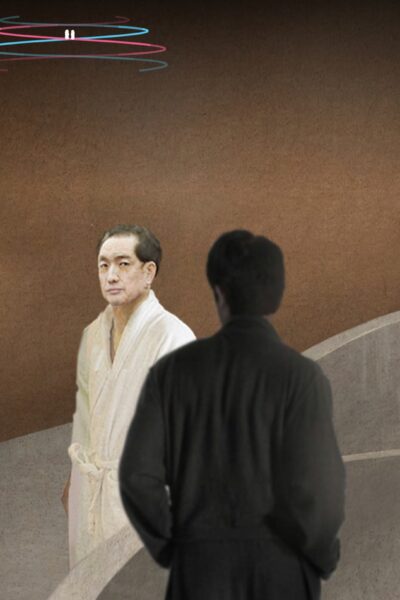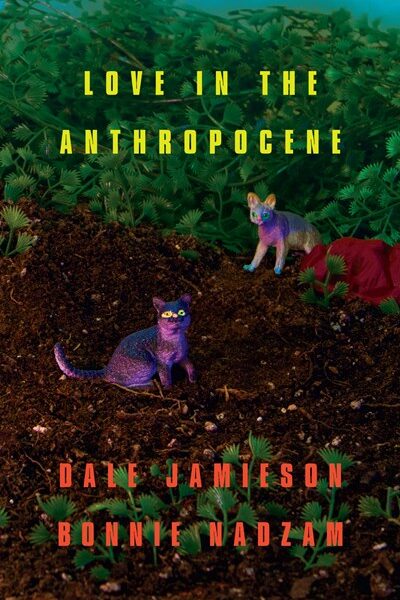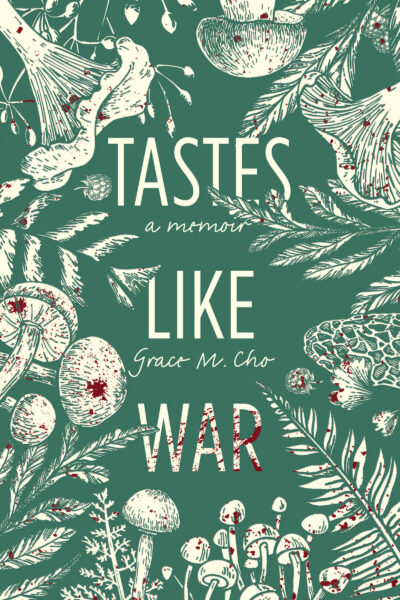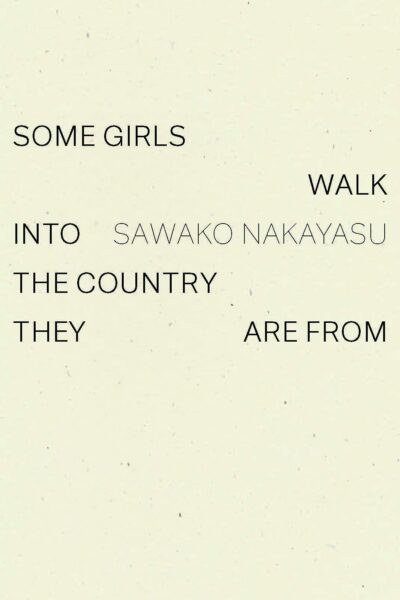It’s like my little poem is the concatenation of multiple tiny decision-making processes that both solicit and elude tracing, by the reader or by me.
Two Views on Encounter and Impasse
Because humanity in the flesh is prohibited within it, the DMZ as a domain not only compels but also in a sense, in its current state, requires speculation.
Love in the Korean Demilitarized Zone
The appeal to love as a revelatory force is at once a familiar rhetorical strategy for galvanizing peninsular unification platforms and a basic generative paradigm for imagining other worlds emotionally.
Tastes Like War – Grace M. Cho
In Tastes Like War, Cho has sent a vital current through a history towards a more considered life, a more felt conception of history as it involves us.
Some Girls Walk into the Country They Are From – Sawako Nakayasu
Through tongue-in-cheek revelries, “some girls” disturb the myths of origin, genre, and gender.
Sansei and Sensibility – Karen Tei Yamashita
It doesn’t take a Janeite, however, to enjoy these stories, or to sense that Yamashita’s engagement with Austen runs somewhere between pastiche and parody.
But we are hopefully past the stage where the Anglophone world is only willing to provide space for three, four “big” writers per country/language at a time.
We’re all in over our heads – like residents of the underworld, dimly aware of another world above – but we’re also blissfully (or willfully) oblivious to so many perils around us, because that obliviousness allows us to keep moving, like Wile E. Coyote, even when there’s no longer any solid ground underfoot.
Yep.











